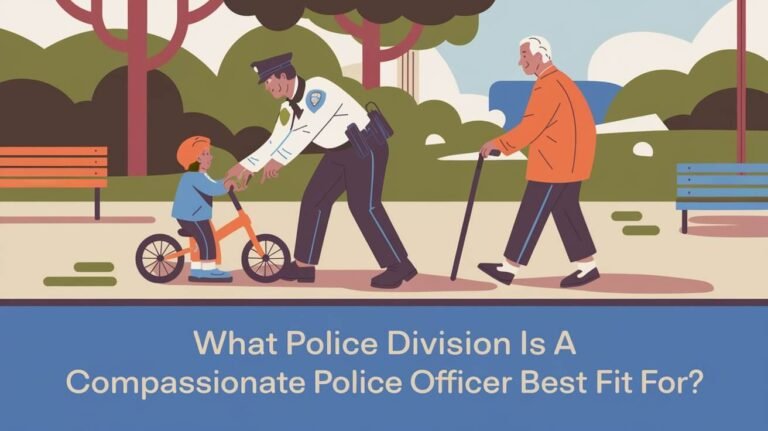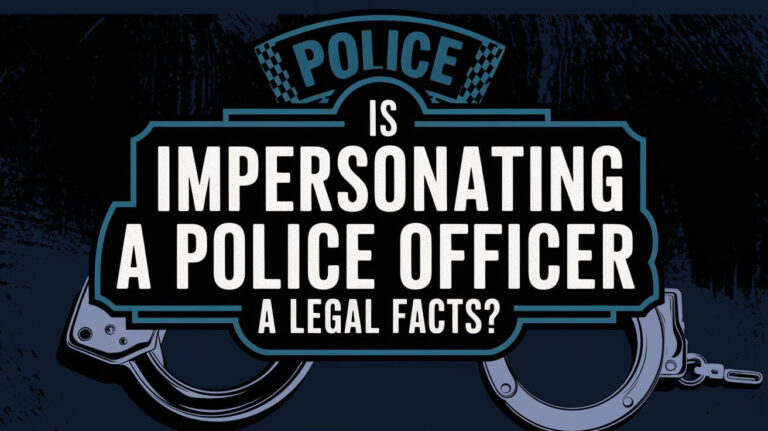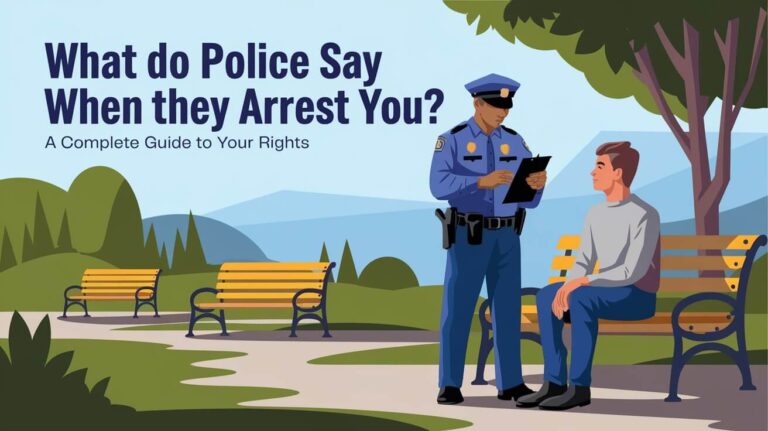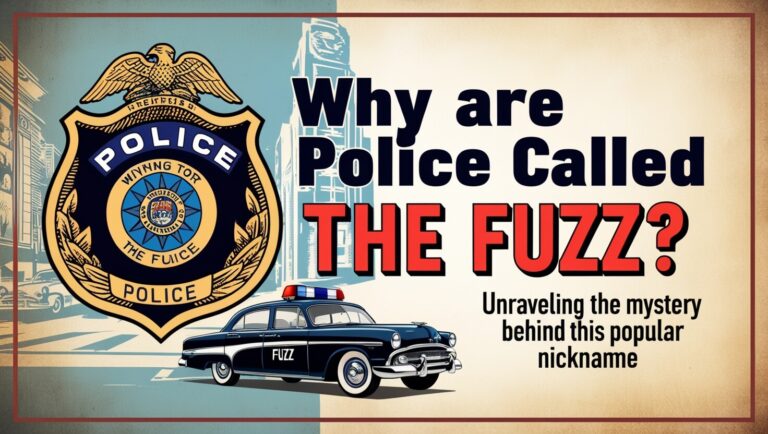What is a Police Background Check: A Comprehensive Guide
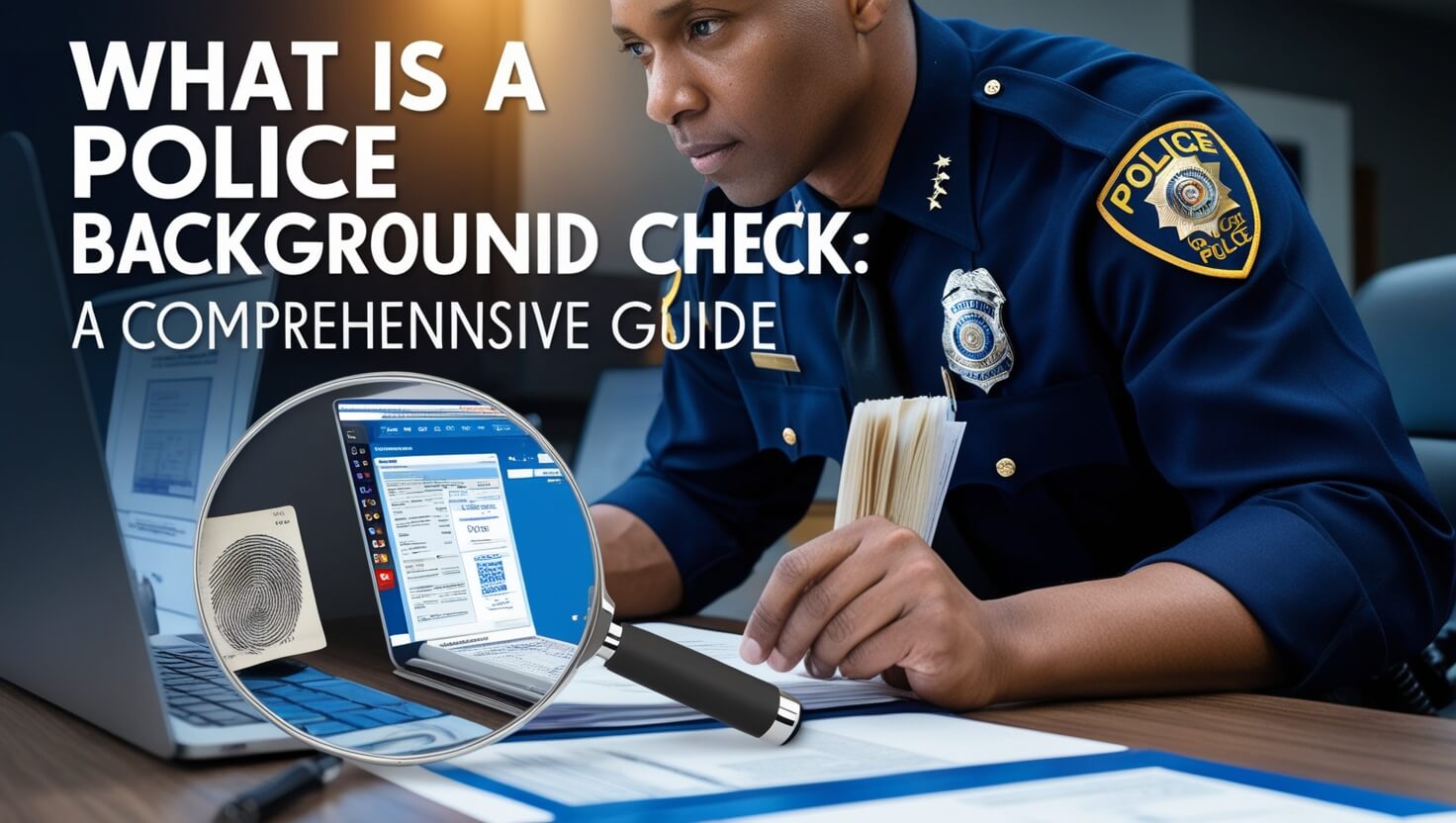
A police background check is a thorough investigation into a person’s history, conducted to assess their suitability for a law enforcement position. This process examines various aspects of an individual’s life, including criminal records, employment history, and personal conduct. Police departments use these checks to ensure they hire trustworthy and qualified candidates who can uphold the law and protect the community.
In this guide, we’ll explore the ins and outs of police background checks. We’ll cover the process, key components, and what applicants can expect. Whether you’re considering a career in law enforcement or simply curious about the process, this article will provide valuable insights.
Introduction to Police Background Checks
Definition and Purpose
Police background checks are more than just a quick look at someone’s criminal record. They’re a deep dive into a person’s past and present. The main goal? To make sure potential officers have the right character and qualifications for the job.
These checks help police departments:
- Verify the information provided by applicants
- Uncover any past misconduct or criminal activity
- Assess an individual’s reliability and trustworthiness
- Ensure compliance with legal and ethical standards
Importance in Law Enforcement Hiring
Why are these checks so crucial? Law enforcement officers hold positions of trust and authority. They carry weapons, make arrests, and often deal with sensitive information. A thorough background check helps prevent individuals with questionable histories from entering these roles.
Consider this: In 2019, a study found that 8% of police officer applicants were disqualified due to issues discovered during background checks. This shows how vital these checks are in maintaining the integrity of police forces.
The Process of a Police Background Check
Initial Application and Consent
The background check process starts when an applicant submits their application for a police position. Along with this application, they must provide consent for the department to conduct a thorough investigation into their background.
Key steps in this phase:
- Filling out a detailed application form
- Signing consent forms for background checks
- Providing initial documentation (IDs, certificates, etc.)
Areas Investigated During the Check
Police background checks cast a wide net. They look into various aspects of an applicant’s life, including:
- Criminal history
- Employment records
- Education and qualifications
- Financial status
- Driving record
- Drug use history
- Personal references
- Online presence
Duration of the Background Check Process
How long does a police background check take? It’s not a quick process. On average, it can take anywhere from 2 to 6 months. Some checks might even stretch to a year, depending on the department and the complexity of the applicant’s history.
Factors affecting the duration:
- The applicant’s background complexity
- The number of places they’ve lived
- The thoroughness of the investigating agency
- Availability of records and information
Key Components of a Police Background Check
Criminal Record Examination
This is often the first thing people think of when they hear “background check.” It’s a crucial part, but not the only one. The criminal record check looks for:
- Felony convictions
- Misdemeanor convictions
- Pending criminal cases
- Arrests (even those that didn’t lead to convictions)
Departments typically look at records from all jurisdictions where the applicant has lived or worked.
Employment History Verification
Police departments want to know about an applicant’s work ethic and reliability. They’ll contact previous employers to verify:
- Dates of employment
- Job titles and responsibilities
- Reason for leaving
- Performance and conduct
Red flags might include frequent job changes, gaps in employment, or negative feedback from previous employers.
Education and Qualification Checks
Most police departments require at least a high school diploma or equivalent. Some positions might need a college degree. The background check will verify:
- Graduation dates
- Degrees earned
- Academic performance
- Any disciplinary actions
Credit History Analysis
Why do police departments care about credit history? It’s about financial responsibility and potential vulnerability to bribery. They’ll look at:
- Credit scores
- Outstanding debts
- Payment history
- Bankruptcies
A poor credit history doesn’t automatically disqualify an applicant, but it may raise concerns.
Driving Record Review
Police officers often spend a lot of time behind the wheel. A clean driving record is important. The check will review:
- Traffic violations
- Accidents
- License suspensions or revocations
- DUI convictions
Drug Screening
Most departments have a zero-tolerance policy for illegal drug use. Drug screenings typically involve:
- Urine tests
- Hair follicle tests (for longer-term drug use detection)
- Questions about past drug use
Social Media and Online Presence Evaluation
In today’s digital age, what applicants post online matters. Departments might review:
- Social media profiles
- Blog posts
- Online comments
- Digital footprint
They’re looking for any content that might indicate poor judgment, bias, or inappropriate behavior.
Special Considerations in Police Background Checks
Military Service Record Review
For applicants with military experience, their service record is an important part of the background check. This includes:
- Type of discharge
- Service dates
- Rank at discharge
- Any disciplinary actions
A dishonorable discharge is often a disqualifier for police service.
Polygraph Testing
Many departments use polygraph tests as part of their background check process. While controversial, these tests aim to:
- Verify information provided by the applicant
- Uncover any dishonesty in the application process
- Probe into areas not easily investigated through other means
It’s important to note that polygraph results alone typically can’t be used as the sole reason for disqualification.
Psychological Evaluations
Police work can be stressful and emotionally demanding. Psychological evaluations help ensure candidates are mentally fit for the job. These evaluations might include:
- Personality tests
- Stress tolerance assessments
- Cognitive ability tests
- In-person interviews with psychologists
Common Disqualifiers in Police Background Checks
Felony Convictions
Most police departments won’t hire individuals with felony convictions. This is due to legal restrictions and concerns about public trust.
Recent Drug Use
While policies vary, recent drug use is often a disqualifier. “Recent” might mean:
- Any hard drug use in the past 3-5 years
- Marijuana use in the past 1-2 years (though this is changing with legalization in some areas)
Poor Credit History
Significant financial problems can be a red flag. This might include:
- Multiple accounts in collections
- Recent bankruptcies
- Large outstanding debts
Dishonorable Military Discharge
A dishonorable discharge from the military is typically an automatic disqualifier for police service.
Domestic Violence History
Given the nature of police work and access to firearms, a history of domestic violence is usually a disqualifier.
Legal Aspects of Police Background Checks
Fair Credit Reporting Act (FCRA) Compliance
The FCRA sets standards for how background checks should be conducted. Key requirements include:
- Getting written consent from the applicant
- Providing a copy of the background check report if requested
- Allowing applicants to dispute inaccurate information
State-Specific Background Check Laws
Some states have their own laws regulating background checks. These might include:
- Restrictions on what can be considered (e.g., old convictions)
- Requirements for notifying applicants of adverse decisions
- Rules about using credit information in hiring decisions
Privacy Considerations
While background checks are thorough, they must respect privacy laws. This includes:
- Only accessing publicly available information or records the applicant has consented to release
- Protecting sensitive information gathered during the check
- Following data protection and storage regulations
Technology in Police Background Checks
Digital Databases and Information Systems
Modern background checks rely heavily on digital technology. This includes:
- National criminal databases
- State and local records systems
- Employment verification databases
- Social media analysis tools
These systems help speed up the process and improve accuracy.
Biometric Screening Methods
Some departments use advanced biometric screening, such as:
- Fingerprint analysis
- Facial recognition (for identity verification)
- Voice stress analysis (as an alternative to polygraphs)
Challenges in Police Background Checks
Incomplete or Inaccurate Records
One major challenge is dealing with incomplete or inaccurate records. This can happen due to:
- Data entry errors
- Outdated information
- Gaps in record-keeping between jurisdictions
Cross-Jurisdictional Information Sharing
With people moving between states and countries, getting a complete picture can be tough. Challenges include:
- Different record-keeping systems between jurisdictions
- Varying laws about what information can be shared
- Language barriers for international records
Balancing Thoroughness with Efficiency
Police departments need to be thorough, but they also need to fill positions. Finding the right balance between depth of investigation and timely hiring is an ongoing challenge.
Impact of Background Checks on Police Recruitment
Maintaining High Standards in Law Enforcement
Background checks play a crucial role in ensuring that only qualified individuals become police officers. This helps:
- Maintain public trust in law enforcement
- Reduce the risk of misconduct
- Ensure officers can handle the demands of the job
Addressing Diversity and Inclusion
There’s ongoing debate about how background checks might affect diversity in police forces. Some argue that certain check criteria might disproportionately impact minority applicants.
Departments are working to:
- Review and update policies to ensure fairness
- Consider the context of an applicant’s background
- Focus on recent history rather than distant past events
Preparing for a Police Background Check
Tips for Applicants
If you’re applying for a police position, here’s how to prepare:
- Be honest on your application
- Gather necessary documents (IDs, diplomas, etc.) in advance
- Review your credit report and address any issues
- Clean up your social media presence
- Be prepared to explain any past mistakes or issues
Common Mistakes to Avoid
Some pitfalls to watch out for:
- Lying or omitting information on the application
- Underestimating the thoroughness of the check
- Failing to disclose minor infractions
- Not being prepared to discuss your background in detail
Future Trends in Police Background Checks
Evolving Technology and Methods
The future of police background checks is likely to include:
- More advanced AI and data analysis tools
- Increased use of social media and online behavior analysis
- Potential incorporation of virtual reality simulations for psychological assessments
Changing Legal Landscape
As laws and societal norms change, so too will background check processes. We might see:
- Updates to drug use policies as more states legalize marijuana
- Changes in how far back checks can look into an applicant’s history
- New regulations on the use of AI and data analysis in background checks
Conclusion: The Ongoing Importance of Police Background Checks
Police background checks are a critical tool in ensuring the integrity and effectiveness of law enforcement agencies. They help departments hire individuals who are not only qualified but also possess the character and judgment needed for this crucial public service role.
As society evolves, so too will the methods and focus of these checks. However, their fundamental purpose remains the same: to protect and serve the community by ensuring that those who wear the badge are worthy of the trust placed in them.
Whether you’re considering a career in law enforcement or simply interested in the process, understanding police background checks provides valuable insight into the high standards expected of those who protect and serve our communities.

